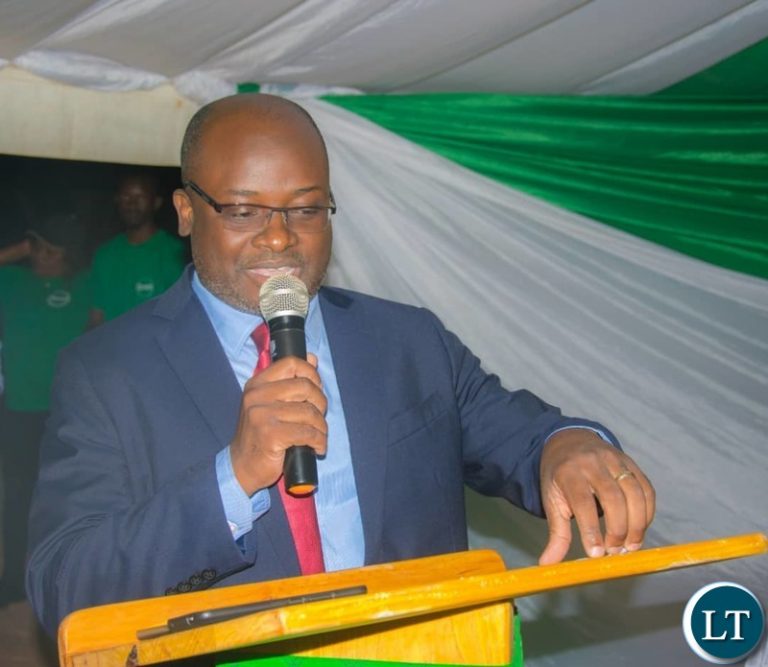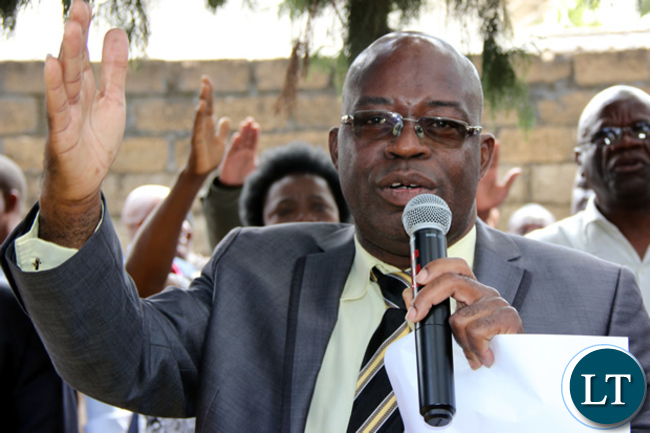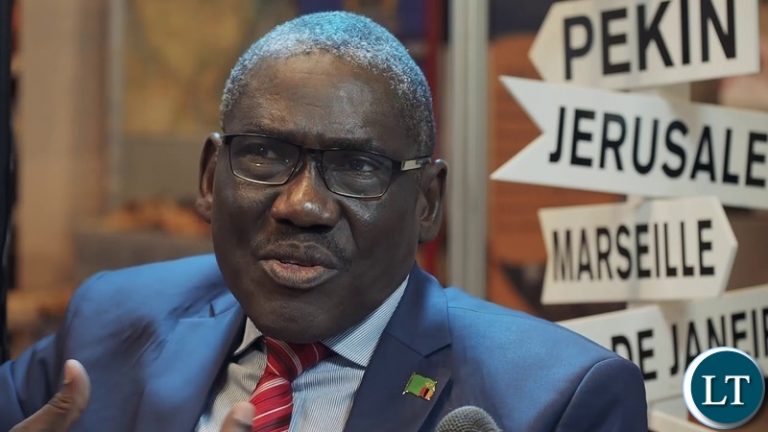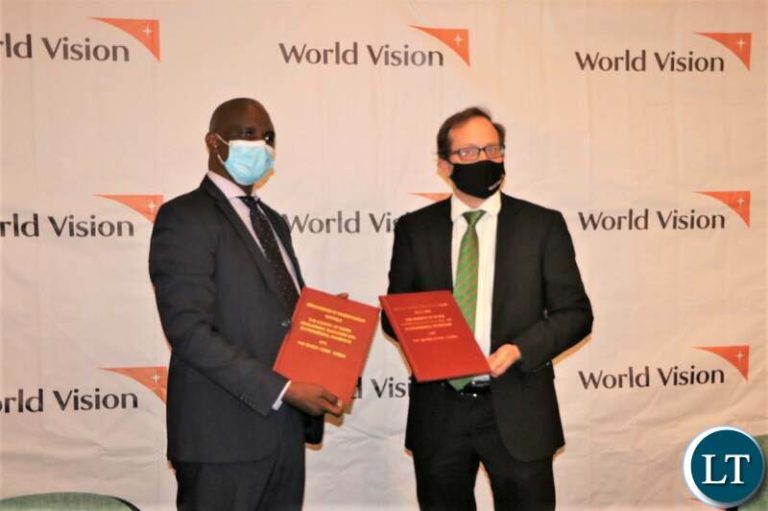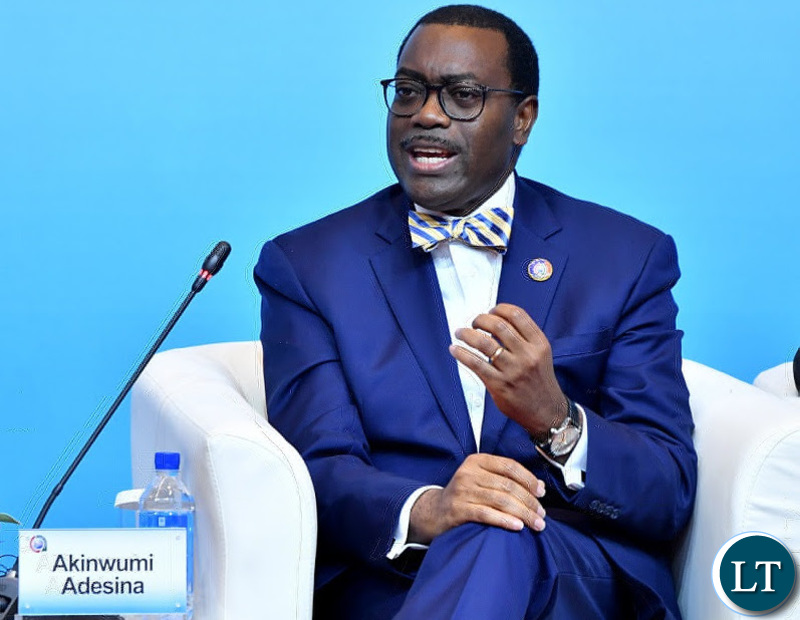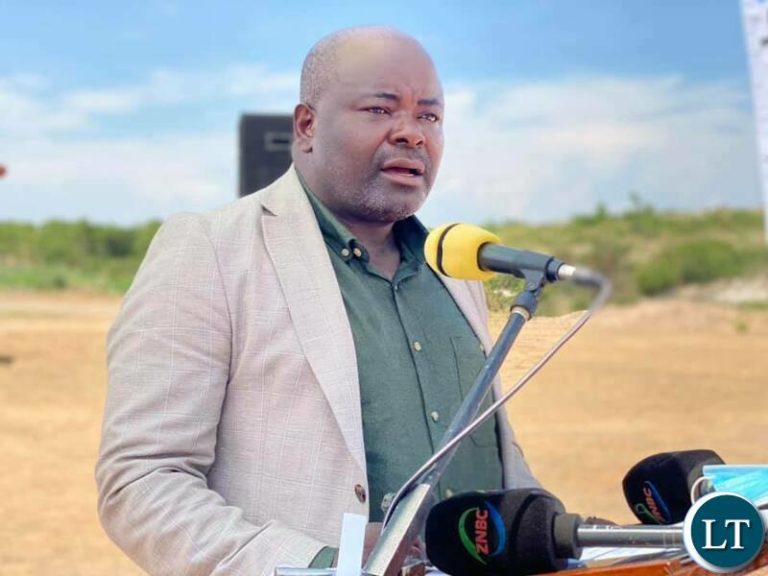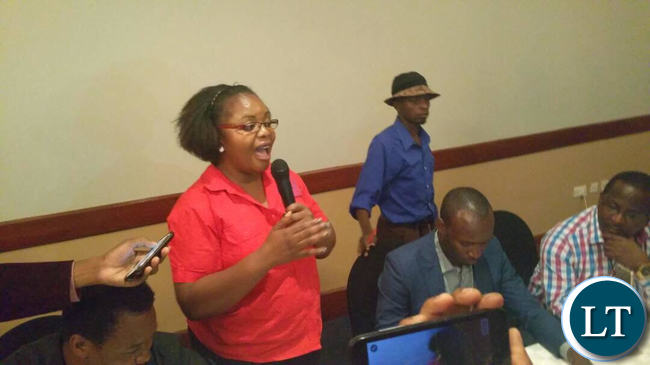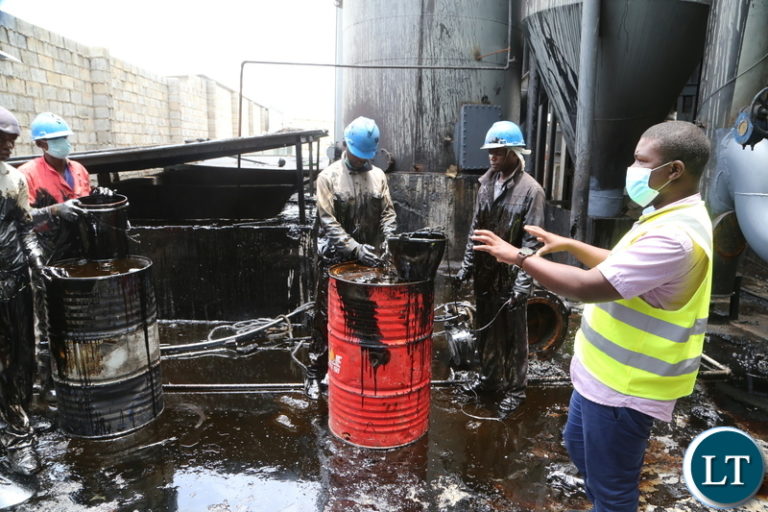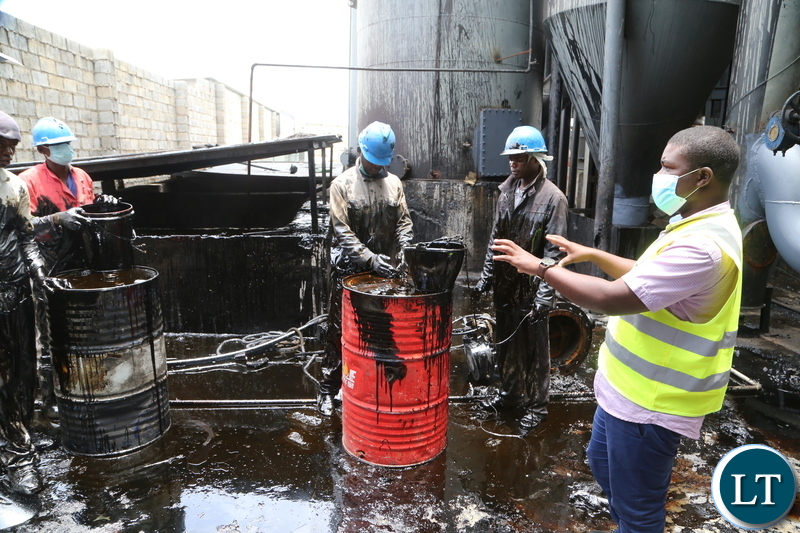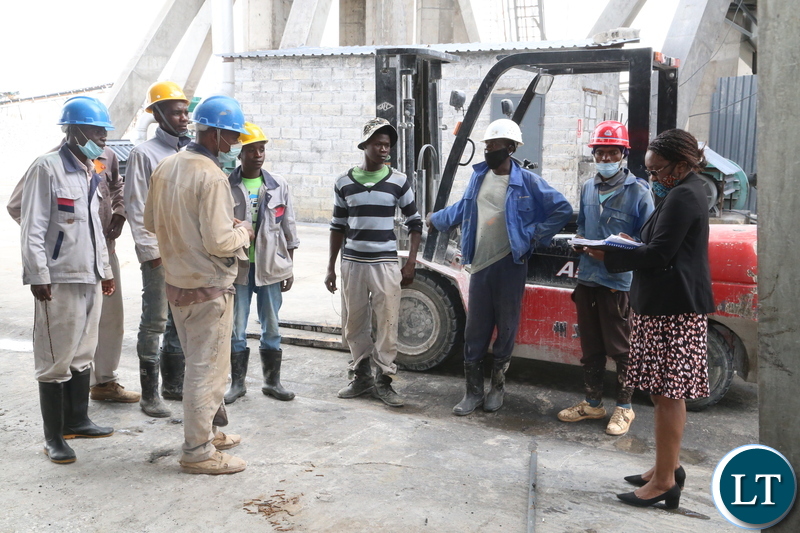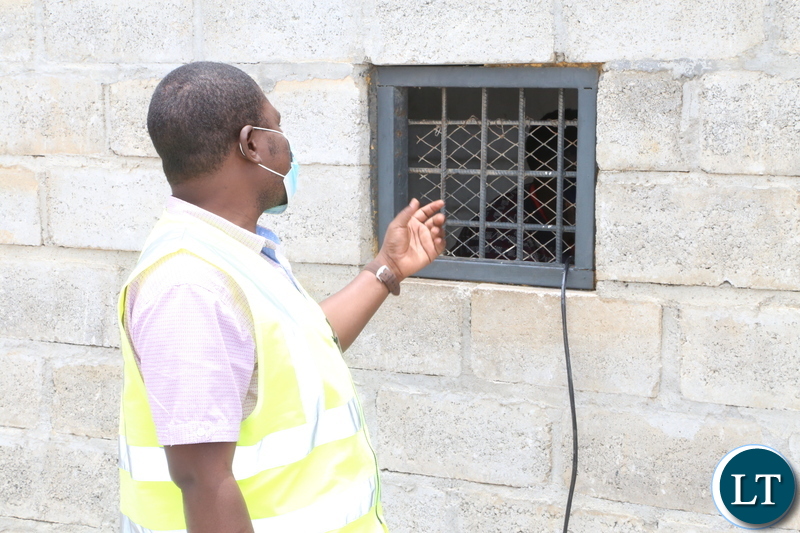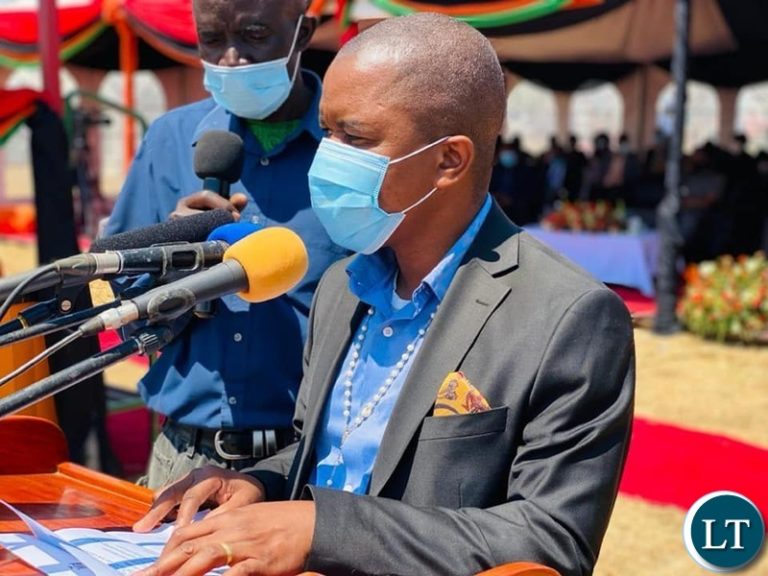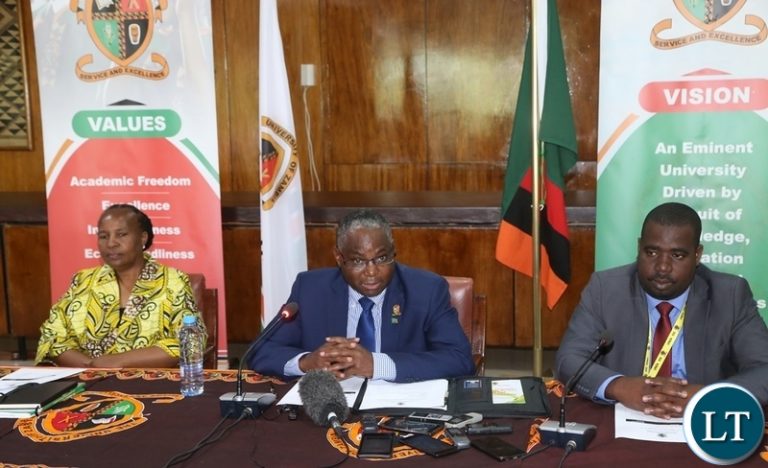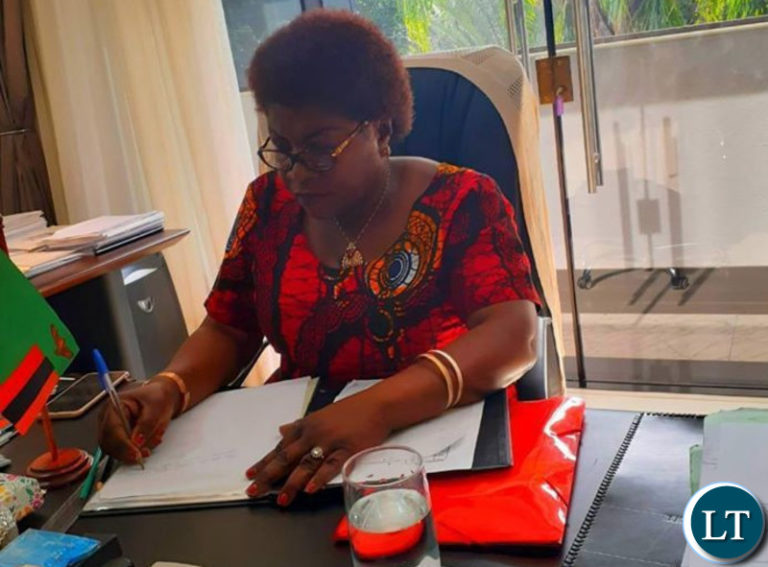By Charles Kakoma, UPND Spokesperson.
The cost of living in Zambia is very high. Everybody is complaining about the rising prices of goods and services. Inflation has run out of control.
When one goes to the market these days, he or she is greeted by high prices of tomatoes, onions, and other vegetables. In fact, marketeers now count how many tomatoes they put in a packet or on a hip. Tomato yadula!!.
Gone are the days when one would walk in a supermarket and just start picking things and throwing them in the trolley without looking at the prices. Prices of groceries have gone up. Sugar is now about K40 per 2kg while the bread is now about K15 per loaf. Mealie-meal prices have jumped from K35 per 25 kg under the MMD government to K150 or more under the PF government.
The general increase in the price level is what economists call inflation. By definition, inflation is a persistent generalized increase in the overall level of prices of goods and services in the economy. Rising prices reduce the buying power of money. In other words, inflation is the decline in the value of money. When inflation gets out of control, it is called hyperinflation. Zambia is now close to hyperinflation.
In 2006, Zambia managed to reduce inflation to a single-digit level of 9% for the first time in three decades. This achievement has been wiped out by the PF government in the last 10 years of their irresponsible rule. Inflation has jumped from 7% before PF took over the government to more than 18% last month, according to the Central Statistics Office.
Inflation is the number one enemy of the economy. It is practically impossible to manage the economy under inflationary conditions.
Inflation has to be brought under control if standards of living for the people are to be uplifted. Inflation tends to affect the poor people the hardest. This is because the largest component of inflation in Zambia is food inflation and most poor people’s income is spent on food.
By far the largest cause of inflation in Zambia is food prices. Food items dominate the Consumer Price Index. Food prices are affected by shocks such as fuel price increases and exchange rate depreciation that lead to increases in transportation costs.
In order to tackle food inflation, the costs of production of food have to be brought down. The UPND has committed itself through its manifesto to subsidize farming inputs to lower the cost of producing food. I have just bought urea fertilizer at K625 at Farmers Barn in Lusaka. At that high price of fertilizer, it is impossible to produce cheap maize. Similarly, the prices of stock feed are skyrocketing. A 50kg bag of chicken feed is now over K400. No wonder broiler chickens at markets are now selling at K70 one while eggs which used to be a poor man’s relish are now at K50 per tray. Which poor person will afford to have a chicken or eggs?
High inflation has to be fought because it contributes to poverty as the purchasing power of people’s income is eroded. High and unstable inflation makes it difficult for the business community and households to plan. At the household level, for example, it throws the family budget into disarray when one plans to buy a stove for K3000 and has taken a long time to make savings but only to discover that the price has gone up to K4000. It also leads to a loss of confidence in the local currency. We have witnessed a situation in Zimbabwe where the country abandoned the use of the local currency and resorted to using the American dollar.
Even here in Zambia, people prefer to quote their rentals in dollars rather than kwacha.
High inflation also discourages mobilization of savings since the saving public is aware of the loss of purchasing power of their money if it is deposited in a bank where the interest rate on savings is lower than the inflation rate.
High inflation also leads to high lending interest rates which in turn discourages borrowing for investment which is critical for sustained economic growth.
Apart from high food inflation, the country is also facing high non-food inflation. In this category are items like transport, communication, rent, fuel, electricity, clothing, education, health, and household goods.
Non-food inflation is caused by an increase in money supply, prices of fuel, depreciation of the kwacha, fiscal deficit financing, and high inflation expectations by the public.
Excessive money supply growth which is not supported by economic growth is inflationary. In simpler economic terms, increased money supply results in “too much money chasing too few goods “.
Over the years, we have witnessed growth in the money supply without corresponding economic growth.
In particular, the growth in money supply has been linked to fiscal deficit financing. The government has more and more resorted to borrowing money from the Bank of Zambia and other local financial institutions for consumption.
When the borrowed funds through treasury bills, bonds, and other instruments are spent on consumption, it results in the increased money supply not supported by production.
In its desperation, the PF government has been intimidating the Central Bank to give them money to meet their excessive expenditure. The financial indiscipline in government has resulted in the government living beyond its means. The PF government is broke and to continue sustaining government operations, they have resorted to financing the budget through excessive borrowing from the local banking system. They have also overborrowed from abroad thereby landing the country in a serious external debt crisis.
When the UPND government comes into power in August this year, we shall limit deficit financing to no more than 2% of the Gross Domestic Product from the current 6% of GDP. The UPND government will also cut reckless and excessive expenditure on consumption. The combined effect will be to lower inflation in the economy.
In addition, the UPND government will lower the prices of petroleum products. Increases in fuel prices are a major contributor to inflation in Zambia. Increased fuel prices are transmitted through the prices of other goods and services in form of higher transportation and production costs. In order to tackle the high petroleum prices, the UPND government will cut off middlemen from the supply chain and remove the incentives for corruption in oil purchases. It will also encourage the private sector to get more involved in the direct importation of fuel supply instead of depending on the government to import the fuel.
Lastly, the UPND government will reduce inflation by lowering the exchange rate of the kwacha against other currencies. In an import-dependent economy like Zambia, the exchange rate is a major cause of inflation. Each time the kwacha depreciates, almost all the prices of goods and services increase. The kwacha will appreciate UPND President Hakainde Hichilema taking over as Republican President after the August 12 presidential and general elections because of market expectations and confidence in his ability to manage the economy. The kwacha will also appreciate it because President Hakainde Hichilema has a solution to the country’s choking foreign debt. The high external debt has by far the greatest impact on the exchange rate in Zambia. By putting a moratorium on debt, restructuring the debt portfolio, attracting foreign direct investments and donor support, there will be increased inflows of foreign currency which will result in the appreciation of the kwacha and lowering down of inflation. In the long run, the inflationary pressures will come down through increased production for both domestic and export markets which will result in supply outstripping demand and lowering both the exchange rate of the kwacha and inflation.


